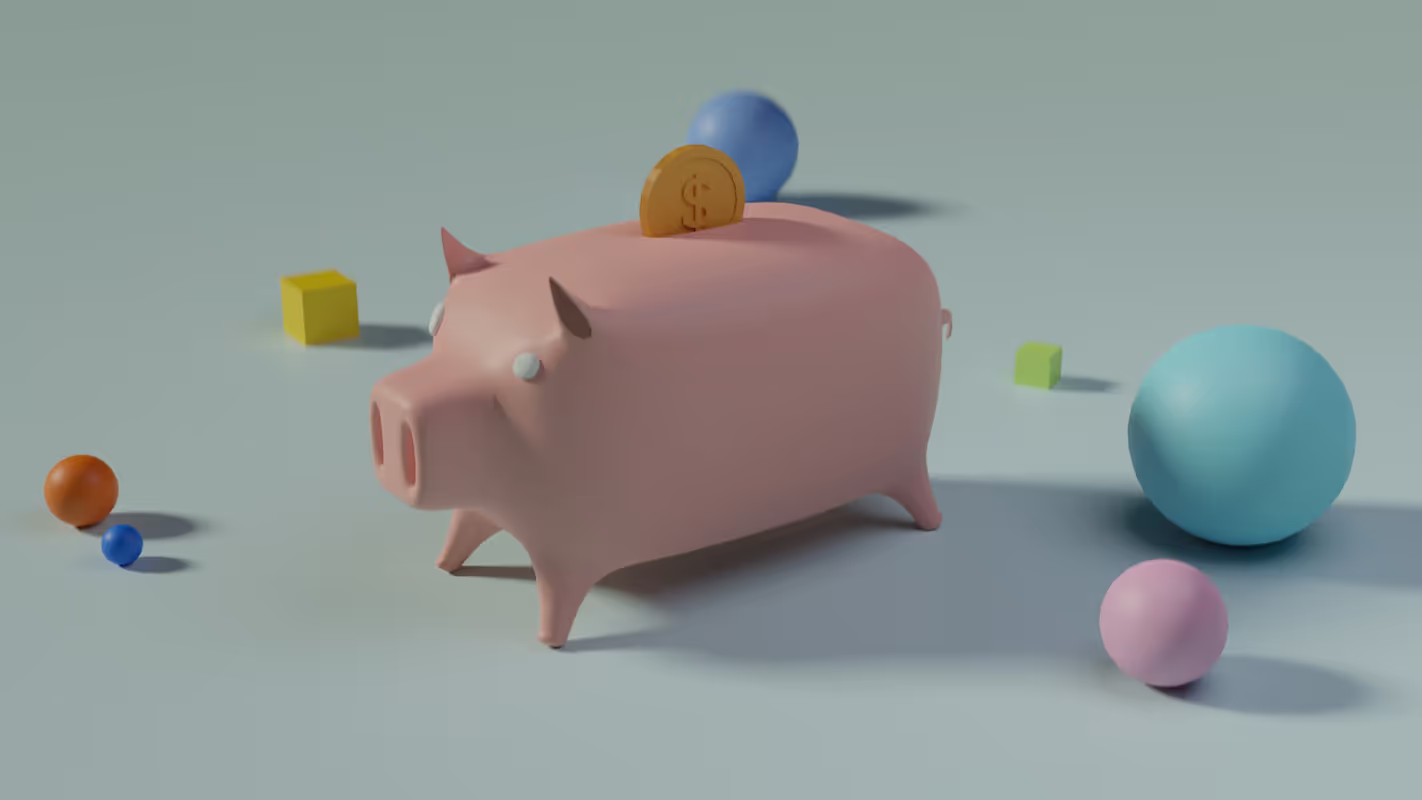
Kudos has partnered with CardRatings and Red Ventures for our coverage of credit card products. Kudos, CardRatings, and Red Ventures may receive a commission from card issuers. Kudos may receive commission from card issuers. Some of the card offers that appear on Kudos are from advertisers and may impact how and where card products appear on the site. Kudos tries to include as many card companies and offers as we are aware of, including offers from issuers that don't pay us, but we may not cover all card companies or all available card offers. You don't have to use our links, but we're grateful when you do!
Does HARP Affect Your Credit Score?
July 1, 2025


Quick Answers
Applying for a HARP refinance triggers a standard credit inquiry, which can result in a minor, temporary decrease in your credit score.
Securing a lower monthly payment through HARP can improve your ability to pay on time, potentially strengthening your credit profile over the long term.
The program's net effect on your credit is generally neutral to positive, as its primary purpose is mortgage relief, not credit reporting.
What is a harp?
The Home Affordable Refinance Program, or HARP, was a federal initiative designed to assist homeowners who were "underwater" on their mortgages, meaning they owed more than their home was worth. Its primary goal was to enable these borrowers to refinance into more stable and affordable loans, even with little to no home equity. This program was established in response to the 2008 financial crisis to help stabilize the housing market.
HARP's connection to a borrower's credit score is indirect but significant. By providing access to lower interest rates and more manageable monthly payments, the program helped homeowners stay current on their mortgage obligations. Consistently making on-time payments is a crucial component of building and maintaining a healthy credit history, thus preventing defaults that would have severely damaged credit scores.
How HARP Could Affect Your Credit Score
Refinancing through HARP can seem complex, but its impact on your credit score is quite straightforward. While the application process can cause a temporary dip, the long-term effects are often positive.
- The Hard Inquiry: When you apply to refinance, lenders pull your credit report. This creates a hard inquiry, which is standard for any loan application and may cause a small, temporary drop in your score.
- Closing the Old Loan: Once your HARP refinance is complete, your original mortgage account is closed. This change to your credit mix and the age of your accounts typically has a minimal impact on your score.
- Opening the New Account: A new mortgage account is opened and reported to the credit bureaus. This new account will initially lower the average age of your credit history, which can have a slight, temporary negative effect.
- Building New Payment History: The most significant, long-term impact comes from making consistent, on-time payments on your new loan. A positive payment history is a major factor in building a stronger credit score over time.
How Much Will HARP Affect Your Credit Score?
While the Home Affordable Refinance Program (HARP) is designed to help homeowners, it's wise to understand its potential effects on your credit. Here are a few key factors to consider:
- Credit Inquiry: Applying for any refinance, including HARP, triggers a hard credit inquiry from lenders. This can cause a small, temporary dip in your credit score for a short period.
- Improved Payment History: Lowering your monthly payment can make it easier to pay your mortgage on time. A consistent record of on-time payments is a major positive factor for your credit score.
- Loan Reporting: The HARP refinance will be reported to credit bureaus as a new mortgage loan. Your old mortgage account will be closed and marked as paid in full.
How You Can Avoid HARP Affecting Your Credit Score
Maintain On-Time Payments
Before seeking any refinance, ensure your mortgage payments are current. A history of timely payments is a major factor in credit scoring and lender approval. A single late payment can have a more significant and lasting negative impact on your score than the refinance inquiry itself.
Understand Credit Inquiries
When shopping for rates, multiple mortgage inquiries within a short window (typically 14-45 days) are often treated as a single event by credit bureaus. This allows you to compare lenders without repeatedly dinging your credit score, minimizing the impact of the application process.
Monitor Overall Credit Health
A strong credit profile can better absorb the temporary dip from a hard inquiry. Focus on keeping credit card balances low and avoiding new debt before you apply. A higher score provides a buffer, making the small point drop from the inquiry less significant.
Ways to Improve Your Credit Score
Your credit score plays a crucial role in your financial life, but it isn't set in stone. While improving your score takes time and consistent effort, there are proven methods to boost your creditworthiness, with many people seeing meaningful changes within three to six months.
- Make timely payments. Since payment history accounts for 35% of your FICO® score, setting up automatic payments is a great way to ensure you never miss a due date.
- Lower your credit utilization. Aim to keep your credit utilization ratio below 30% by paying down balances, as this heavily influences your score.
- Check your credit reports for errors. You are entitled to free reports from all three major bureaus, and disputing inaccuracies is one of the fastest ways to improve your score.
- Limit hard inquiries. Spacing out credit applications and using prequalification tools can prevent your score from dropping due to too many inquiries at once.
- Diversify your credit mix. Having a healthy mix of credit types, such as revolving credit and installment loans, shows lenders you can manage different kinds of debt.
- Become an authorized user. If someone with a strong credit history adds you to their account, their positive payment history and low utilization can help build your own credit profile.
The Bottom Line
Refinancing through HARP does not directly harm your credit score. While the application involves a credit inquiry, making consistent, on-time payments on the new loan can positively impact your credit history.
Frequently Asked Questions
Does applying for HARP lower my credit score?
Applying for HARP involves a credit check, which can cause a small, temporary dip in your credit score, similar to any other loan application.
Can HARP help improve my credit score?
While HARP itself doesn't directly boost your score, making consistent, on-time payments on your new refinanced loan can positively impact your credit history over time.
Is there a minimum credit score required for HARP?
No, the Home Affordable Refinance Program (HARP) did not have a minimum credit score requirement, making it accessible to many homeowners regardless of their credit history.

Supercharge Your Credit Cards
Experience smarter spending with Kudos and unlock more from your credit cards. Earn $20.00 when you sign up for Kudos with "GET20" and make an eligible Kudos Boost purchase.
Editorial Disclosure: Opinions expressed here are those of Kudos alone, not those of any bank, credit card issuer, hotel, airline, or other entity. This content has not been reviewed, approved or otherwise endorsed by any of the entities included within the post.





















.webp)
.webp)
.webp)
.webp)















